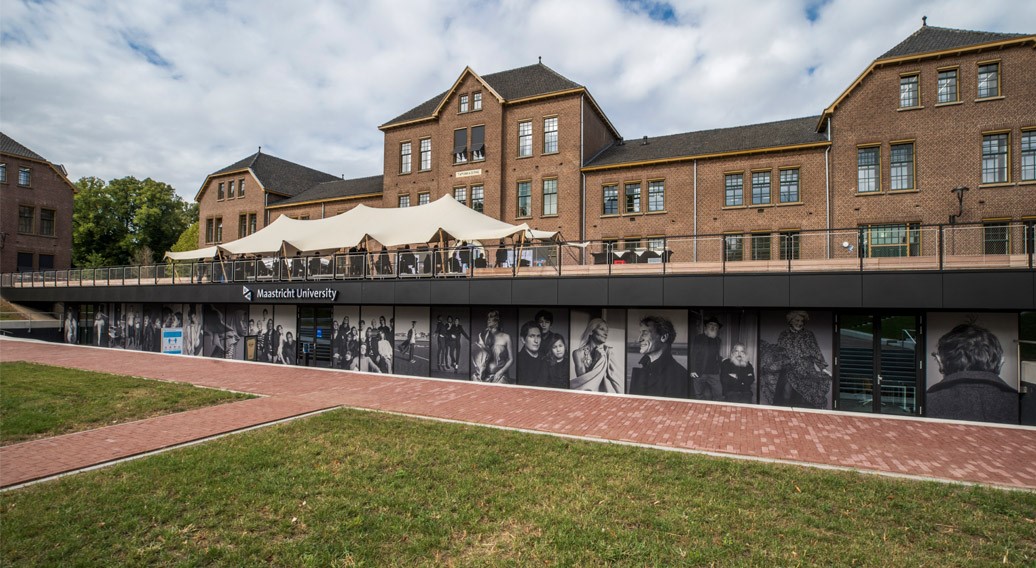Well-being key focus at conference on healthy buildings
While the energy crisis forces us more than ever to look critically at the climate in our buildings, it is important not to lose sight of the well-being of the users. This is the central idea behind the HealthBuild onc conference that researchers from Maastricht University and other partners are organizing on Thursday, 13 October. During this conference, scientists will talk to technicians, architects, administrators and users.
Indoor climate is important
People design and make buildings to live, work and learn in, but ultimately such a building also affects people. How comfortable, productive and fit do we feel in that building? What is the influence of the indoor climate, but also of all the technical facilities and even the environment on our well-being? What is clear is that a healthy building creates a healthy user.
Theory and practice
"The energy efficiency of buildings is getting better and better, through better insulation, intelligent lighting and air filters, among other things. But it does not always mean that those buildings are also better for our health and well-being," said Professor of Real Estate Nils Kok. "During the conference, we discuss the latest techniques for measuring indoor climate, analyze what is happening in buildings that already score well in this area, and discuss relevant developments with administrators and policymakers.
Tapijn as an example
The former Tapijn Barracks, now occupied by Maastricht University, serves as a best practice in this regard. During the renovation, thought was given to the design, use of light, air quality, but attention was also paid to stimulating a healthy exercise pattern among staff and students. "The intention is to then take the new knowledge we have gained here into all of the university's real estate activities," Kok said.


Click here for more information and application
Also read
-
Billions of dollars in foreign aid could be spent more effectively if international poverty statistics weren’t so inaccurate. Says Dr Michail Moatsos, Assistant Professor at Maastricht University School of Business and Economics.
-
DATASET researchers from Maastricht University (BISCI) and Fontys applied the Digital Readiness Scan developed by Logistiek Digitaal to several regional logistics service providers, scientifically validated the underlying methodology, and analyzed the strengths and weaknesses of this tool.
-
ROA publishes new research on international students' stay rates and impact on labor market estimates


